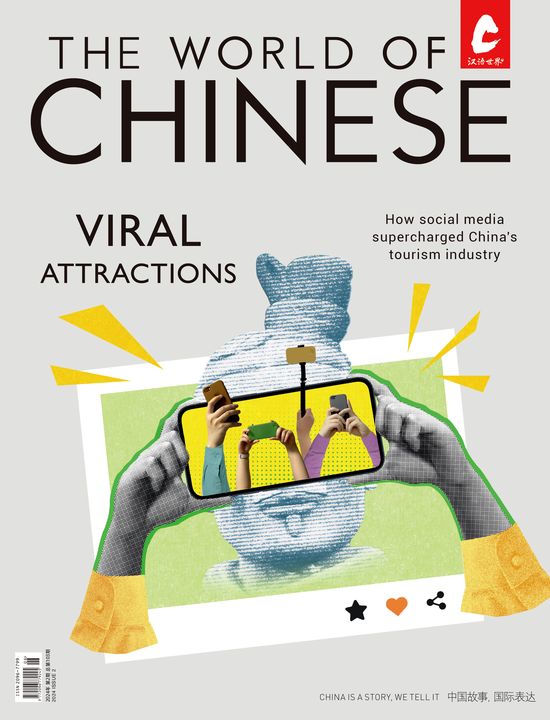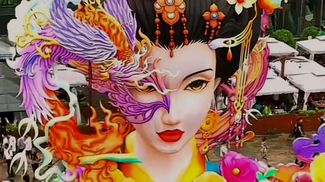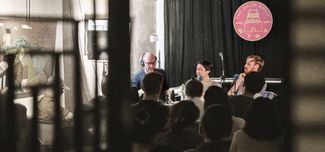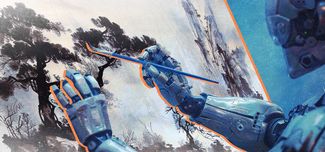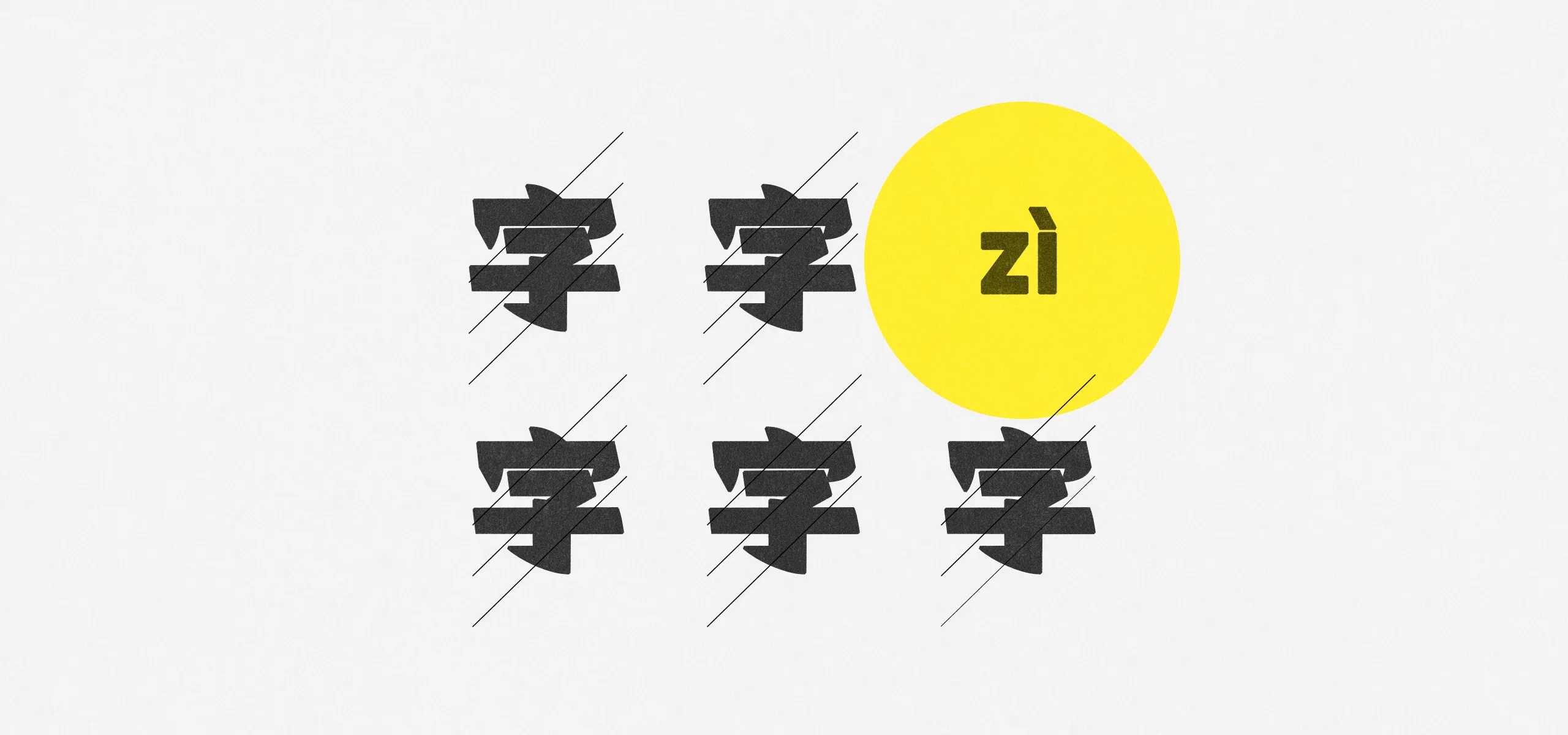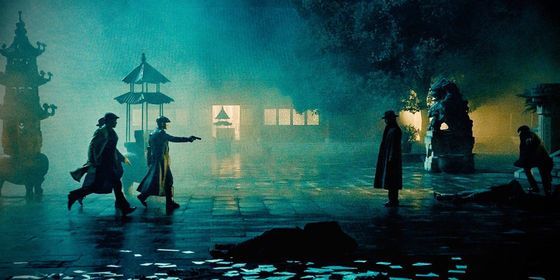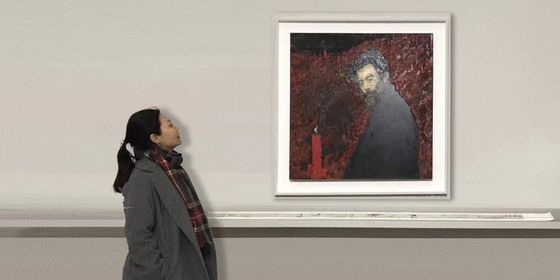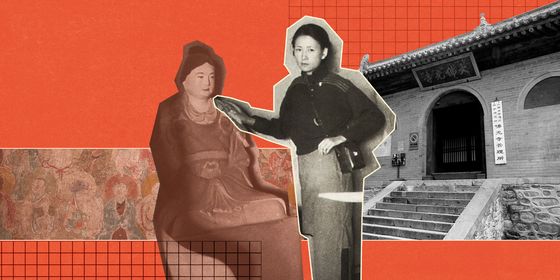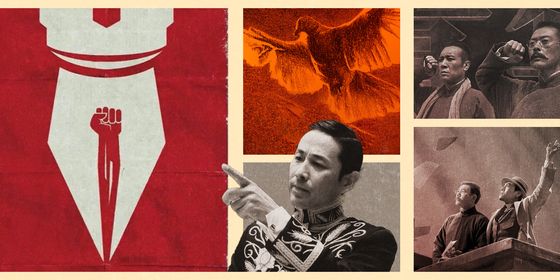The campaign to replace traditional characters with a phonetic system reflected Chinese society’s desire for change during the 20th century
Many Chinese are proud of their language. The characters, which convey both sound and meaning, have thousands of years of history and are the basis for the ancient art form of calligraphy. But there was a time in the not-so-distant past when some of the country’s most prominent intellectuals wanted to abolish them.
“Chinese characters are truly the world’s filthiest, most vile, and most despicable. They are like a medieval cesspool,” wrote Qu Qiubai (瞿秋白), a leader in China’s early communist movement, in 1931. Later that decade, Lu Xun (鲁迅), one of the most prominent figures in modern Chinese literature, likened Chinese characters to tuberculosis spreading among the masses. He argued that if not irradicated, they would bring about the country’s demise.
